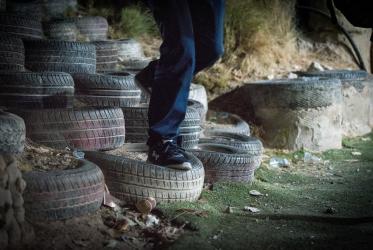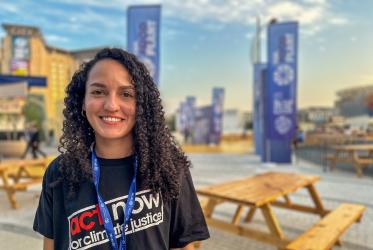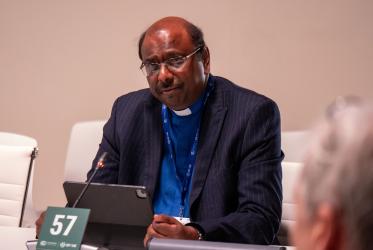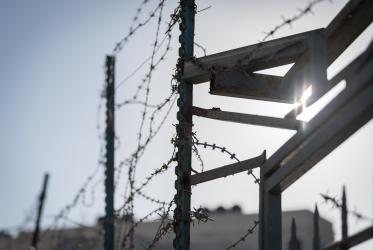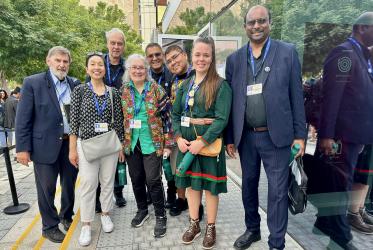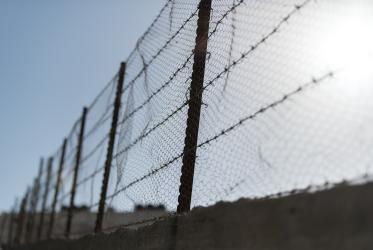Displaying 1 - 20 of 176
What can churches do to prevent modern slavery?
22 February 2024
Ellyanne Chlystun-Githae Wanjiku to COP28: “listen more to children”
13 December 2023
At COP28, WCC general secretary hopes for “less talk and more walk”
01 December 2023
Violations of human rights escalate in Masafer Yatta, Jerusalem
30 November 2023
As floods rage in eastern Africa, church acts to save the people
22 November 2023
Violence against Palestinians is rising in the West Bank
16 November 2023



